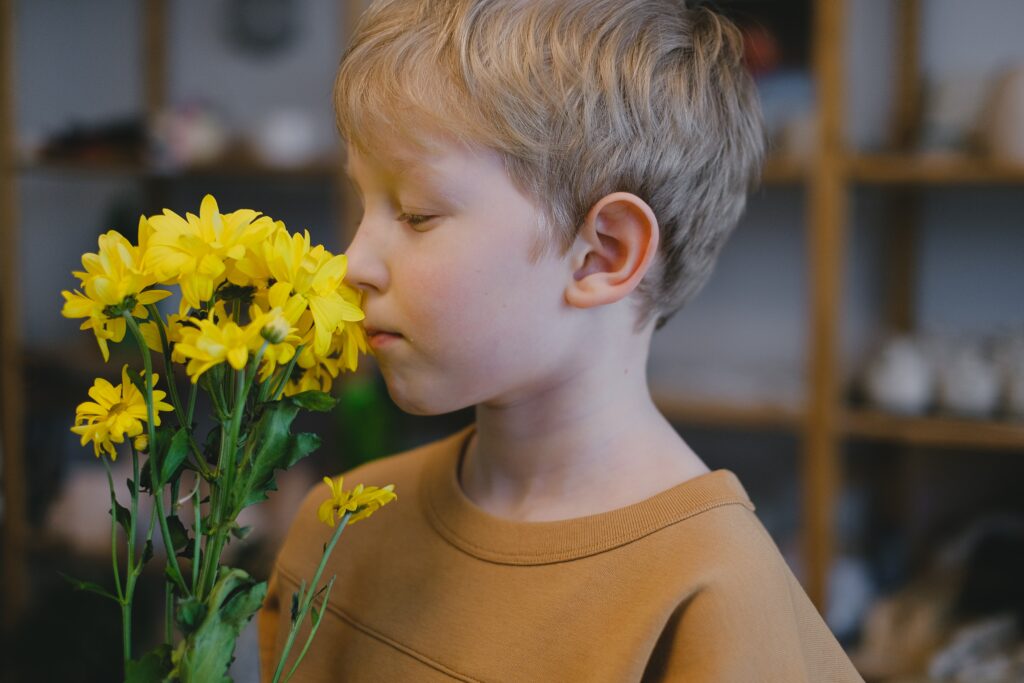
I’ve recently been reading that psychologists and social scientists believe people who hold rigid and fundamentalist beliefs, whatever they are, do so because they feel a lack of control in their lives and, by extension, the larger world. The world is scary; sometimes, as a way of protecting ourselves, it’s tempting to try to control the unpredictability of our daily lives by creating rigid belief structures that ensure, no matter how fearful we are, there is assurance that, underneath seeming chaos, there is always predictability, even if we can’t see it. In this way, we just have to have faith that the world will be okay.
I don’t subscribe to this philosophy. In fact, I think it can be quite damaging. The effects are so apparent in the world right now: violent wars over seemingly minor points of disagreement; a lack of urgency in addressing critical environmental and social crises that threaten to boil over and threaten the very survival of our planet; and, here in the United States, a resurgence in hate and intolerance that never truly went away but was hidden behind translucent veils for many years.
It’s safe to say that a lot of what’s going wrong in the world can be tied back to humanity’s inability to come to terms with the state of things. Our species is bad at change even on our best days, so it’s no surprise that we seem to make every excuse we can to change our minds.
Take the current conservative outrage against transgender children. Now, trans and gender non-conforming people have always existed in the world. The current conflict is between an outdated, culturally prescribed set of norms that, if questioned, would undermine the fundamentalist beliefs of gender control that permeate our society. If it’s possible to be a gender other than the one that stereotypes say we are, then gender may be much less important in the different facets of life than we scarcely admit.
Questioning gender requires us to question things we simply “know” to be true.
The answer, I believe, is to reconcile ourselves to the world. The world isn’t always neat and clean, black and white, easy to figure out. Just imagine: physicists tell us that, wherever you are right now, you are surrounded by dark matter and energy you are completely aware of, things that, up until a relatively short time ago, none of us would have imagine. There is always something new to learn; none of us has all of the answers and, if we did, life would become pretty boring, pretty quickly.
Curiosity is our ally in this. It’s good to ask: why do I believe what I think I know? If we are merely repeating unverified custom or taking centuries old myths way too literally, maybe it’s tie to ask what we’re missing in the world. Because, chances are, each of us has some of these tendencies within us, and it may take a revolution greater than theoretical physics to move us if we aren’t careful.
The adventure we find, though, may just be greater than any of us can imagine.
